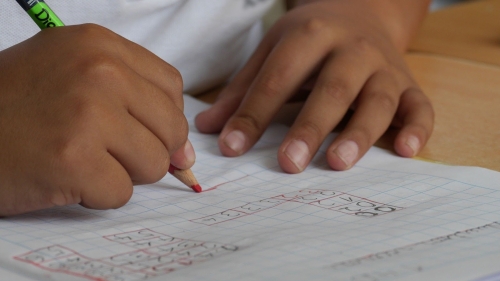
Dr. Leanna Steifel recently published an article in the Journal of Policy Analysis and Management to answer the question: Does special education improve academic outcomes for students with disabilities?
Abstract
In the 40-plus years since the Individuals with Disabilities Education Act, special education has grown in the number of students and amount spent on services. Despite this growth, academic performance of students with disabilities remains troublingly low compared to general education students. To some extent, these differences reflect persistent underlying disabilities, but they also may reflect ineffective services. Does special education improve academic outcomes for students with disabilities? There is surprisingly little evidence to guide policy and answer this question.
This paper provides an answer for the largest disability group, students with specific learning disabilities (LDs), using rich New York City public school data. Because the majority of LDs are classified after school entry, we observe outcomes before and after classification, allowing us to estimate impacts using within-student pre/post comparisons (student fixed effects) and an intent-to-treat specification. We find that academic outcomes improve for LDs following classification into special education and impacts are largest for those entering special education in earlier grades. Attendance, however, shows little change after classification. Results are robust to alternative specifications and falsification tests bolster confidence in a causal interpretation. Differences in impacts by gender, race/ethnicity, grade of classification, and settings illuminate possible mechanisms.

